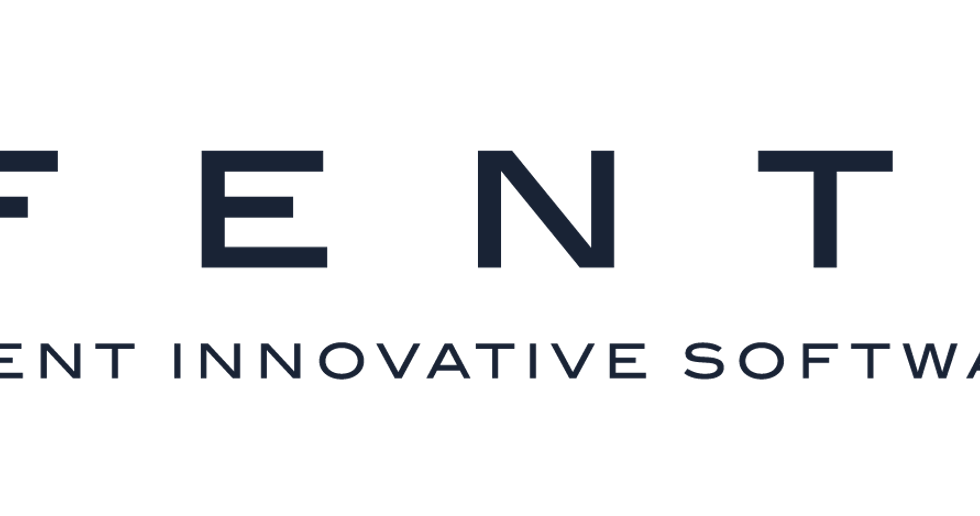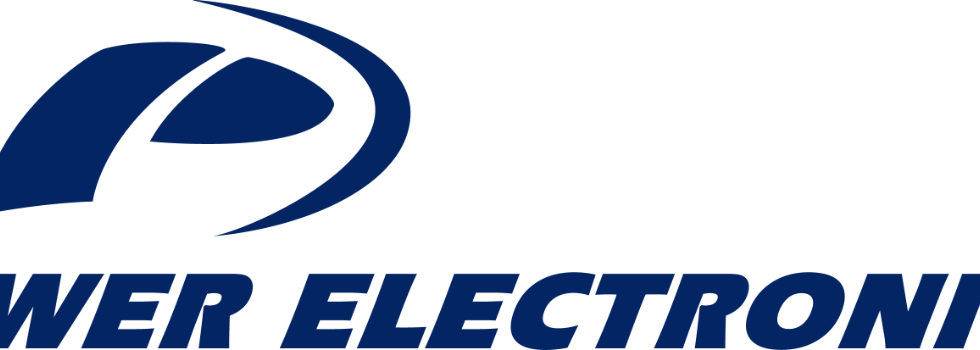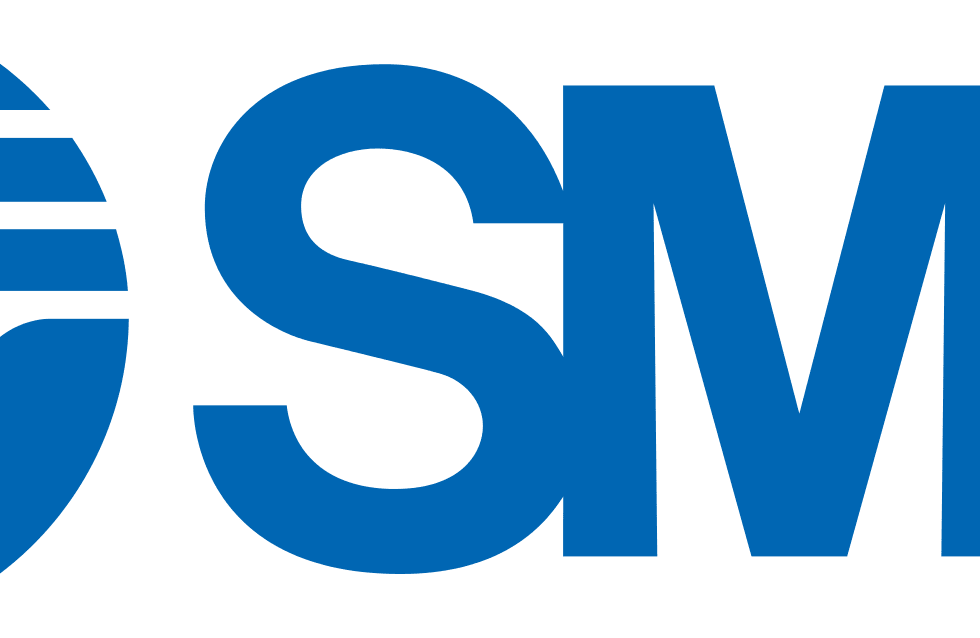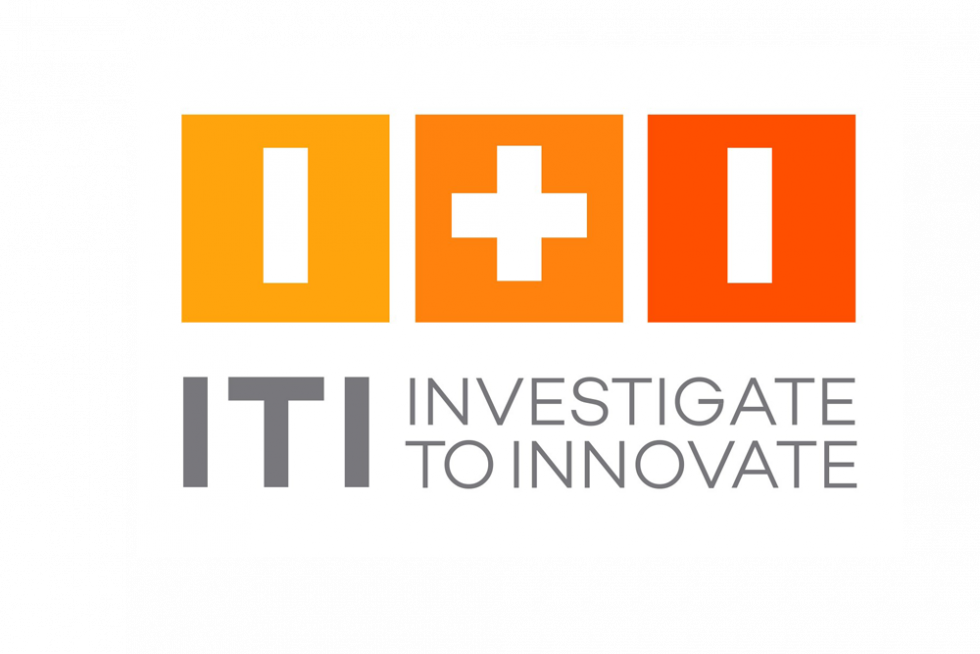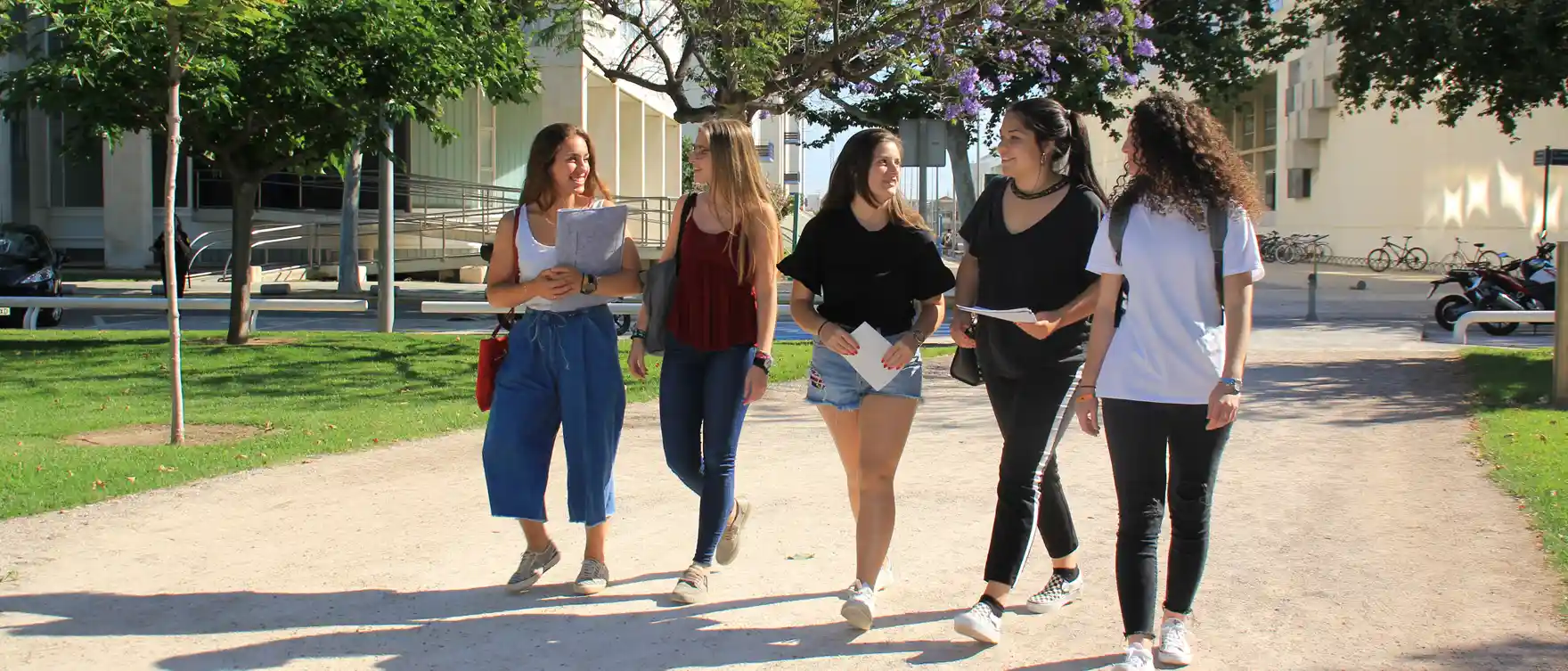Page content
Description of the title
Automatic control is everywhere, usually embedded in devices and applications, so that it becomes really obvious when a failure occurs. A good design (whether of the flight control system of an airplane, the production control system in a tile plant, the stabilization of a vehicle in adverse conditions or the monitoring system of a robotic surgical aid equipment, to name a few representative applications) provides operational safety, high dynamic and static performance and, ultimately, an overall benefit from various perspectives: energy savings, sustainable development, reduced pollution, safety, etc.
The implementation of control systems is based on real-time, embedded and miniaturized computer systems, with the current trend towards autonomy and reduction in the use of resources. The use of robots and manipulators, not only in the automotive industry but also in many other industries, such as surgery or remote sensing, requires specific training in automation, robotics, computer vision and industrial informatics.
Objectives of the degree

The main objective of this Master’s program is to train specialists in these areas to be able to deal with the design, implementation, operation and maintenance of automatic systems for supervision, control, handling and management of production processes requiring high performance in terms of dynamic behavior, energy saving, pollution reduction, efficiency and safety.

This scientific and technological field, in continuous evolution and progress, also needs the training of young researchers capable of facing new industrial challenges.
Career opportunities
This master’s degree offers diverse career opportunities in high-tech areas.
- Process Control Engineer
- Automaton Programming Engineer
- Robot Programming and Computer Vision Engineer
- Embedded Systems Programming Engineer
Aimed primarily at
This master’s degree is aimed primarily at those with a solid background in related engineering.
- Graduates in Engineering of related subjects (Degree in Industrial Informatics and Robotics Engineering, Degree in Industrial Electronics and Automation Engineering, Degree in Industrial Technologies Engineering, Degree in Aerospace Engineering, Degree in Computer Engineering, Degree in Energy Engineering, Degree in Telecommunications Engineering and Degree in Electricity Engineering, having taken the Intensification Block in Automation).
- Applicants with a Bachelor’s or Engineering degree from the extinct study plans (Industrial Engineering, Automation and Industrial Electronics Engineering, Aeronautical Engineering, Computer Engineering and Telecommunications Engineering), with second cycle intensifications in the area.
- Foreign graduates with affinity to MUAII.
- Graduates and graduates of extinct curricula, not previously included.
Structure of the master’s program
Credits: 60 ECTS
Mandatory:27 ects |Electives:18 ects |External internships:0 ects |Final Master’s thesis (TFM):15 ects
Module 1. Common Module :22.5 compulsory ects
Subject:Design and Implementation of Control Solutions
Minimum credits: 9 | Character: Elective
Subject:Fundamentals of Robotics
Minimum credits: 4.5 | Character: Elective
Subject:Industrial Computing
Minimum credits: 4.5 | Character: Elective
Subject:Perspectives on Industrial Automation and Informatics
Minimum credits: 4.5 | Character: Mandatory
Module 2. Intensification Module :22.5 compulsory ects
Subject:Automation, Computing and Advanced Robotics
Minimum credits: 13.5 | Character: Mandatory
Subject:Complements of Automation, Computer Science and Robotics
Minimum credits: 9 | Character: Compulsory
Module 3. Master’s Thesis Module :15 ects final degree project
Subject:Master’s thesis
Minimum credits: 15 | Subject: Final Degree Project
Internships
Since the duration of the MUAII is one academic year (60 ECTS), curricular internships are not included in the curriculum. However, internships are a very positive activity for the training and employability of students, so it is possible to carry them out extracurricularly, as long as they do not overlap with the classes taught in the degree. The maximum duration of the internships is 600 hours and they are governed by the general regulations of the UPV and the specific regulations of the ETSII, which is the center to which the MUAII internships are attached.
For more information you can access the following link to the ETSII websitewhich includes all the regulations, procedure and offer of internships in companies.
Research and access to Ph.
The lines of research related to the MUAII are fundamentally those carried out in the Institute of Automation and Industrial Informatics (ai2) of the UPV.
- Process Control
- Industrial Computing
- Robotics
- Computer Vision
MUAII graduates can access the Program of PhD in Automation, Robotics and Industrial Informatics.
Academic exchange / agreements with other universities
Being a one-year degree, MUAII cannot organize academic exchange activities due to organizational and time constraints.
- Double degree agreement with the Master in Electrical Engineering, Computer Engineering and Information Technology of the University of Aachen (Germany).
Facilities and laboratories
The DISA of the UPV, as ERT of the MUAII, offers the following facilities and laboratories located in the 5D building: Master Classroom, Automation Laboratory, Control Laboratories I and II, Simulation Laboratories I and II, and Robotics Laboratory.
DISCA (UPV), a department that collaborates in the teaching of MUAII, provides the Operating Systems Laboratory (building 1G).
Master’s Thesis
The TFM consists of the in-depth realization of an original work or project in which knowledge, skills and competences acquired by the students throughout their studies and, specifically, the competences associated to the TFM subject are shown. In addition, it prepares and trains students in advanced topics of Automation and Industrial Informatics for their future professional or research practice.
More detailed information about the process and the procedures involved can be found in the following link (Regulations and Manuals). The calendar can be found in PoliformaT.

